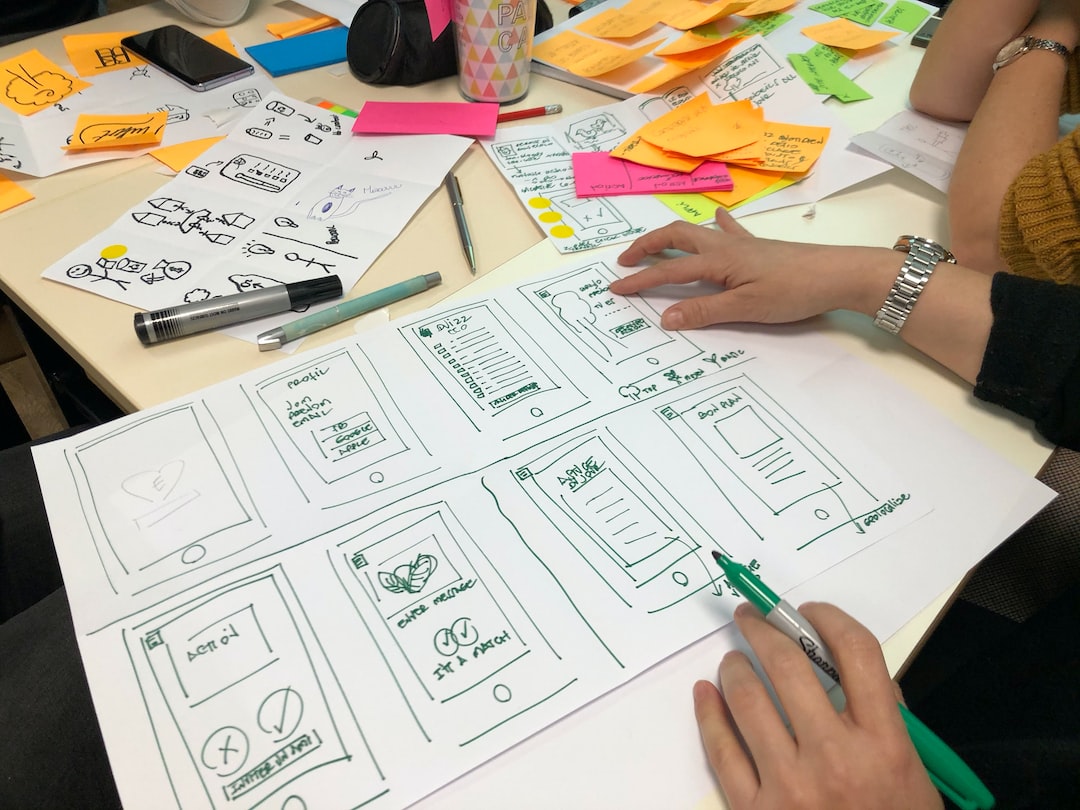The Future of Packaging Design: Embracing Sustainability
Packaging design has always played a significant role in the world of consumer products. It not only serves the purpose of protecting and promoting a product but also plays a crucial role in attracting consumers and conveying brand values. However, in recent years, a new trend has emerged in the packaging industry – sustainability.
Sustainability has become a buzzword in almost every industry, and packaging design is no exception. With the increasing awareness about environmental issues and the need for responsible consumption, consumers are now demanding eco-friendly and sustainable packaging solutions. As a result, designers and manufacturers are rethinking their approach to packaging design, focusing on creating more sustainable alternatives.
One of the primary reasons behind this shift in mindset is the alarming amount of waste generated by packaging materials. According to a study conducted by the Ellen MacArthur Foundation, around 7.9 billion tons of plastic waste have been generated worldwide since the 1950s. This staggering amount of waste has led to environmental pollution, the destruction of habitats, and the endangerment of marine life. Recognizing the role of packaging in this problem, designers are exploring innovative ways to reduce waste and promote sustainability.
One of the most significant advancements in sustainable packaging design is the use of biodegradable and compostable materials. Traditional packaging materials like plastic and Styrofoam take centuries to decompose, whereas biodegradable materials break down naturally and do not harm the environment. Materials like cornstarch, mushroom mycelium, bamboo fiber, and seaweed are being utilized to create packaging that is not only functional but also environmentally friendly.
Another important aspect of sustainable packaging is reducing the overall amount of material used. Designers are opting for minimalist and efficient designs that use fewer resources and make use of recyclable or reusable materials. This approach not only reduces waste but also cuts down on transportation costs and energy consumption, making it economically viable for businesses as well.
Additionally, technological advancements have facilitated the development of smart packaging systems that can help improve sustainability. For instance, digital printing allows for more precise measurements and reduced material waste during production. Smart packaging also enables better tracking and monitoring of products, reducing the need for excessive packaging or overstocking.
However, embracing sustainability in packaging design is not just the responsibility of designers and manufacturers; it also requires conscious consumer choices. As consumers, we have the power to influence the market by supporting brands that prioritize sustainable packaging options. By seeking out products with recyclable or biodegradable packaging and reducing our overall consumption, we can collectively contribute to a more sustainable future.
Furthermore, governments and regulatory bodies play a crucial role in promoting sustainability in packaging design. They can create policies and incentives that encourage businesses to adopt eco-friendly practices and invest in sustainable packaging alternatives. By providing support and guidance, governments can help accelerate the transition towards a more sustainable packaging industry.
In conclusion, the future of packaging design lies in embracing sustainability. By making conscious choices and investing in sustainable packaging alternatives, we can reduce waste, minimize environmental impact, and preserve our planet for future generations. The shift towards sustainability is not just a trend but a necessity for the packaging industry, and it is up to all stakeholders to work together towards a greener and more sustainable future.
